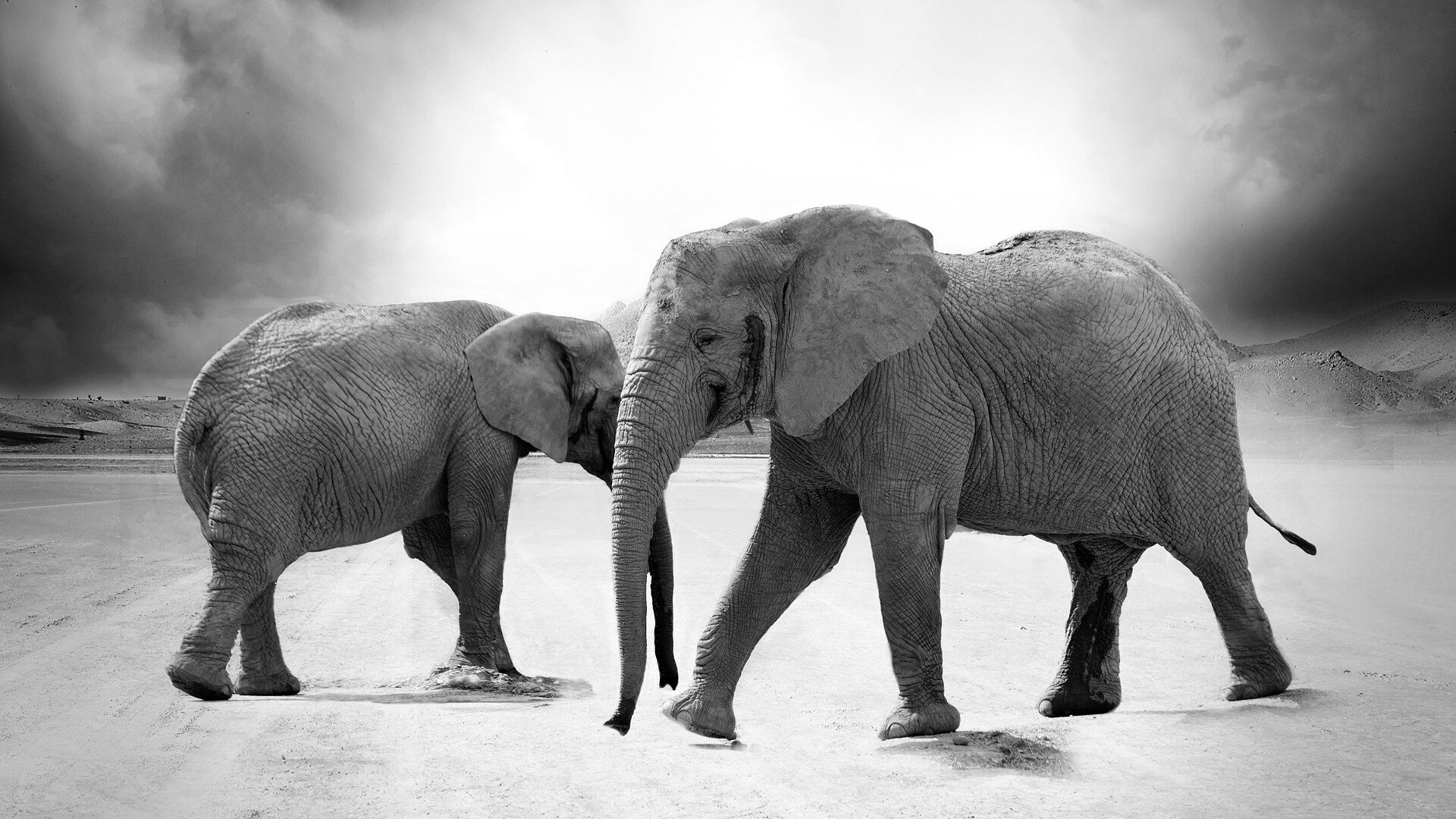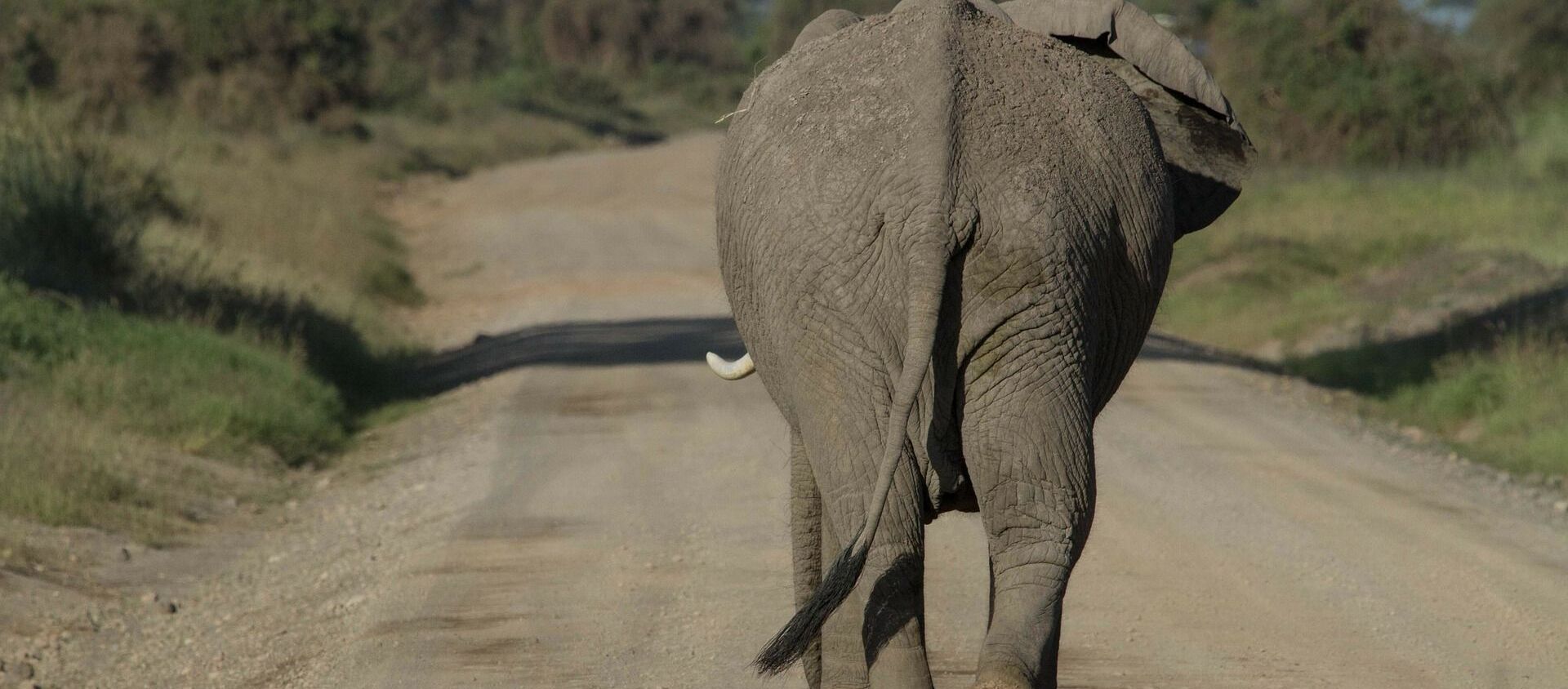Tuskless Elephants Evolve in Mozambique Amid Ivory Poaching, Scientists Say

CC0 / /
Subscribe
The researchers are seeking to determine how the tuskless elephants will affect the species and the environment.
The evolution of elephants in a particular part of Mozambique has apparently been affected by poaching, as an increasing number are being born without tusks.
According to AP, during the civil war in the country that lasted from 1977 t0 1992, around 90 percent of the elephants in the area that now comprises the Gorongosa National Park were killed, as fighters used ivory to fund the war.
Now, authors of a new study suggest that this decline of the Gorongosa elephant population was accompanied by a significant increase in the number of tuskless female elephants, from 18.5 percent to 50.9 percent.
"Evolution is simply a change in heritable characteristics within a population over successive generations, and based on the results of our study, the shift toward tusklessness among female elephants at Gorongosa fits this definition perfectly," Ryan Long, associate professor of wildlife sciences at the University of Idaho and one of the authors of the study, was quoted by the CNN.
"The fact that it occurred so rapidly is rare indeed, and is a direct function of the strength of selection," he told the media outlet via email. "In other words, it happened so quickly because tuskless females had a MUCH higher probability of surviving the war, and thus a MUCH greater potential for passing their genes on to the next generation."
Having analysed the DNA of female elephants with and without tusks, the scientists also found the likely reason for the females developing their tusklessness.
"Females have 2 X chromosomes. In tuskless females, one of those chromosomes is 'normal' and the other contains the deleted information," said Long. "When a tuskless female conceives a male offspring, that male has a 50/50 shot of receiving the affected X-chromosome from its mother. If it receives the 'normal' chromosome then it will survive and be born with the necessary genetic information to produce tusks."
If the male elephant receives the “non-normal” chromosome, however, the scientists believe that it will “die early in development, a miscarriage,” as Brian Arnold, study's co-author and evolutionary biologist at Princeton, explained.
The researchers now strive to determine how this increased number of tuskless elephants is going to affect the species and the environment.
"The tuskless females ate mostly grass, whereas the tusked animals ate more legumes and tough woody plants," said Robert Pringle, another co-author of the study and also a biologist at Princeton University. "These changes will last for at least multiple elephant generations.''



